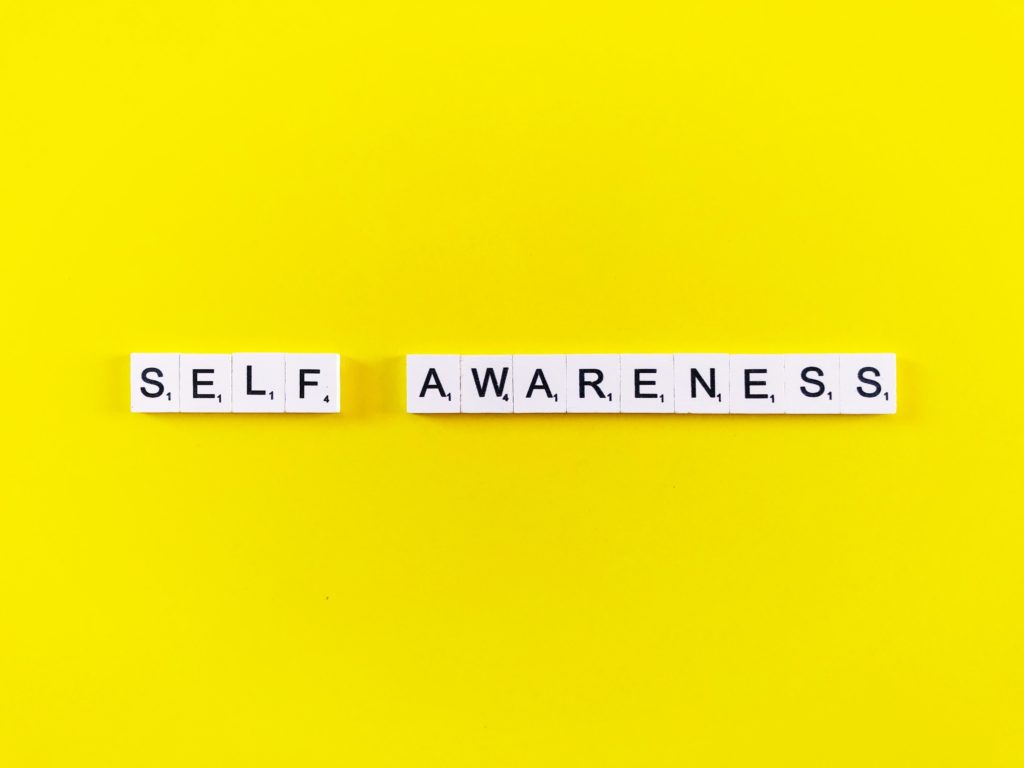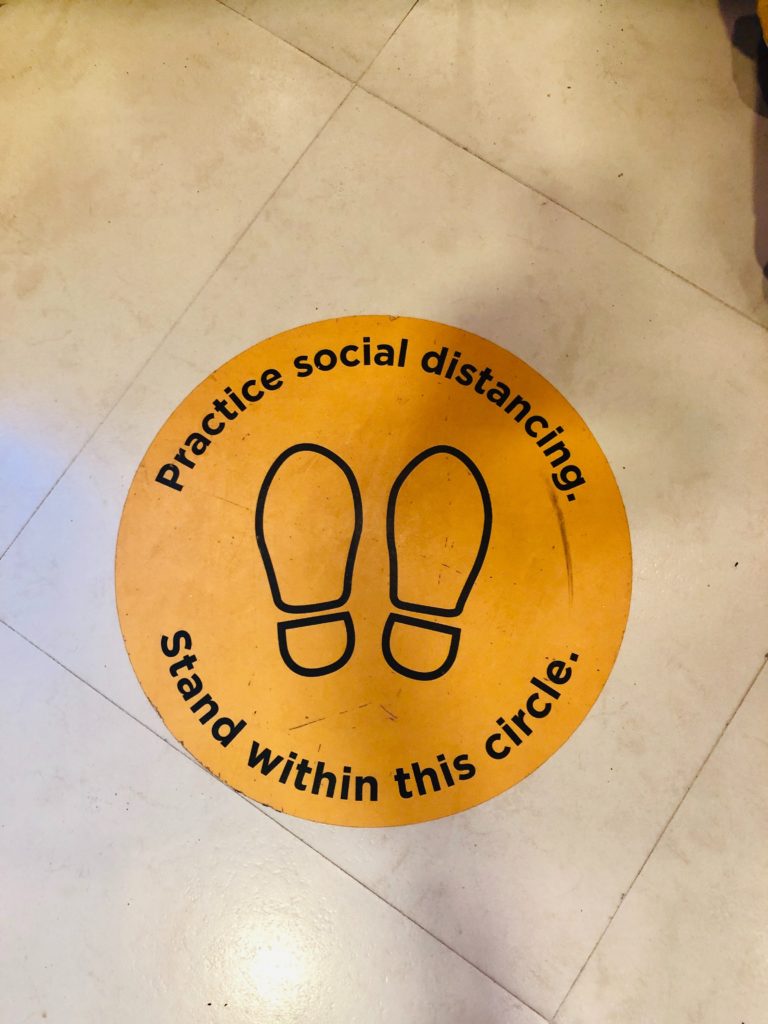Leadership and emotional intelligence: all you need to know

By Gareth Noble, Senior Consultant, Straight Street Media
This week’s article by our guest contributor, Gareth Noble discusses how emotional intelligence constitutes a crucial attribute of today’s much needed leadership and proposes simple steps to improve it.
Anyone can become angry-that is easy. But to be angry with the right person, to the right degree, at the right time, for the right purpose, and in the right way-this is not easy.
Aristotle
An accurate definition of emotional intelligence by Mayer, Salovey, & Caruso is the ability to perceive and express emotions, to use emotions to facilitate thinking, to understand and reason with emotions, and to effectively manage emotions within oneself and in relationships with others.
Emotional intelligence is the ability to recognize and understand emotions and your skill at using this awareness to manage yourself and your relationship with others, according to Dr Travis Bradberry.
We experience somewhere around 400 emotions daily, whether we are aware of these experiences or not. How we handle these emotions directly contribute to our leadership effectiveness. I’ve heard it been said, “The most difficult person to lead is yourself”. Boy, isn’t that the truth! I have come to realize that in order to bring out the best in others, I first have to bring out the best in myself.
Know thyself
I love how Socrates simply stated, “Know thyself”. That is what today’s article is all about – getting to know yourself a little bit better so that as a leader you can add more value to your team.
When we inspect the two words separately, emotional intelligence has to do with our emotions (affective domain) and thinking (cognitive domain), and the interchange between the two. Where intelligence is concerned with our ability to absorb information and apply it to life tasks, emotional intelligence is concerned with our ability to understand emotions and apply this interpretation to our day to day affairs.
Why is emotional intelligence important for leaders?
- EQ accounts for 60% towards job performance for supervisors and CEO’s
- 90% of top achievers score high on EQ
- 20% of low performers score high in EQ
- EQ is the strongest predictor of performance
- 71% of employers surveyed by CareerBuilder said they value EQ over IQ
What are emotions?
Emotions are a process, a particular kind of automatic appraisal influenced by our evolutionary and personal past, in which we sense that something important to our welfare is occurring, and a set of psychological changes and emotional behaviors begins to deal with the situation.
Paul Ekman, PhD
To put it differently, emotions prepare us to deal with important events without having to think about them. We don’t consciously choose to feel them, they occur automatically.
There are seven universal emotions that we all feel, regardless of the language we speak, the country we live in or the culture we choose to adopt.
Seven Universal Emotions

When any of these emotions continue for a long time without any interval, we usually refer to it as a mood.
In Daniel Goleman’s 1999 article introducing the concept of emotional intelligence, updated in 2002 and adjusting the five original components to 4, including:
- self-awareness
- self-management
- social awareness
- relationship management
To better understand these components, let’s explore each one individually.
Self-awareness

The first component of emotional intelligence. This makes sense because one needs to know who they are before they can know others and ultimately lead others. An example of self-awareness is showing empathy towards colleagues, being kind and resolving difficult issues at the same time.
Self-aware people know their limitations and strengths an often want constructive criticism to better recognize and understand them. with this self-awareness individuals have a firm grasp of their capabilities and are more likely to set themselves up for success. For example, a student with high self-awareness is less likely to overstretch themselves on assignments.
The specific parts of self-awareness include
- emotional self-management
- social awareness
- self confidence
Self management

Another component of emotional intelligence whereas self-awareness involves becoming more aware of the emotions we are having. It refers to our ability to control our emotions and channel them into positive mechanisms for success. While the concept of self-control is generally one that is easily understood those following are less so. Individuals who are transparent are those who are able and comfortable articulating their emotions to others. Leaders who are comfortable with being transparent tend to build trust a lot quicker than those types of leaders who hold back. Adaptability refers to those who can juggle multiple demands on their time and energy without losing focus on their end goal. Leaders who are adaptable are less rigid and not afraid to change strategy if need be. Achievement refers to those who hold themselves to a higher standard of accomplishment both as an individual and as a member of a team. Finally, initiative and optimism refer to individuals who are intentional about controlling their successes by creating and seizing opportunities while maintaining a positive outlook.
All of these components play a role in self-management.
Social awareness

Empathy, organizational awareness and service are three aspects of social awareness which focuses on the ability to recognize and understand the behaviors and emotions of those around you. Empathy involves being attuned to a wide range of emotional signals from both individuals and groups. More specifically, empathy allows a leader to work well with people of diverse backgrounds.
Leaders with organizational awareness can be politically astute, able to detect crucial social networks, and understand powerful relationships. Finally, service is the ability to foster an emotional climate, where individuals directly feel relationship with the leader.
Relationship management

The 4th component of emotional intelligence involves the understanding of relationships in their complexity both on an individual and group level.
Components of relationship management are:
- Inspiration
- Influence
- Developing others
- Serving as a change catalyst
- Conflict management
- Teamwork and Collaboration

A leader who inspires is able to motivate his/her team with a compelling vision. Leaders who are adept and influence are persuasive and engaging when they work with the group. Developing others involves cultivating people’s abilities through both leadership and mentoring and involves showing a genuine interest in the individual or individuals you are working with. Leaders serve as strong advocates for change even in the face of opposition, having the ability to find practical ways to overcome barriers to change. Conflict management is one tool that leaders may use in serving as a change catalyst. Leaders who manage conflict well are able to understand differing perspectives and find a common ideal that everyone can endorse. Finally, teamwork and collaboration generate a healthy organizational atmosphere. Relationship management builds off the other three components.
Emotional awareness is accurately perceiving the emotions affecting the group.
Emotional management is using that awareness to direct behavior in a positive direction for that group. Internal relationship management is the ability to interact well with one another within the group to respond to challenges. And External relationship management on the other hand is the ability to act effectively as a group across organizational boundaries meaning that the group interacts well with other groups.
Now that you have a solid foundation on what emotions are and how they benefit you as a leader, let’s see how you can increase your EQ.
Six steps to improve your emotional intelligence
Step 1. Acknowledge Emotions
The first thing we need to do is acknowledge our emotions. Learn to become aware of what it is you are feeling and put a label on it. Many times, we are simply just not honest with ourselves in what we are feeling. Start to become more aware of your moods.
Step 2. Analyze
As you master step one, and identify different feelings, one can pinpoint and investigate. Get to the core reason for feeling the way you do. Emotions follow your thoughts. Where your thinking goes your feelings follow. When you learn to identify wrong thinking, emotions are easier to manage.
Step 3. Accept & Appreciate
Emotions are neither good nor bad, we are created to experience feelings. Emotion is energy in motion, they merely transition from one state to the next. Learn to appreciate these feelings and address them, not suppress them.
Step 4. Reflect
Bring to mind the things you are grateful for. Remind yourself of the good in your life. You can do this by keeping an Awareness Log. Develop the practice of a daily check in to review what you are learning about yourself. Practice prayer. Learn to practice a discipline that shifts your awareness from the demands of the external world by cultivating your connection to the inner life.
Step 5. Handle Your Emotions
Find ways to put distance between yourself and the intense emotions that got the better of you. I’ve discovered that exercising works well for me. Dr Travis Bradberry cautions us to make sure to get enough sleep. Talking to friends and rewarding oneself with gifts are also other ways that may try.
Step 6. Handle the Emotions of Others
Lastly, raising the level of your Emotional Intelligence, will drastically improve the way you handle your relationships.
As you practice, over time you will become better at solving problems, handling conflict and communicating with others and appreciate the differences in how people feel.
In Closing..
This overview of emotional intelligence hopefully introduced some new concepts and encouraged you to think about why this type of intelligence is important for leaders to have.
Daniel Goleman is the leading authority on emotional intelligence and his original work on this concept as well as the book he wrote were the primary literature used for this article.
Other great resources highly recommended to read are:
- Servant Leadership by Robert Greenleaf
- Awakening Corporate Soul by Klein & Izzo
- The Path of Least Resistance by Robert Fritz
- Feeling Great and The Feeling Good Handbook by David Burns (this was invaluable for me)
